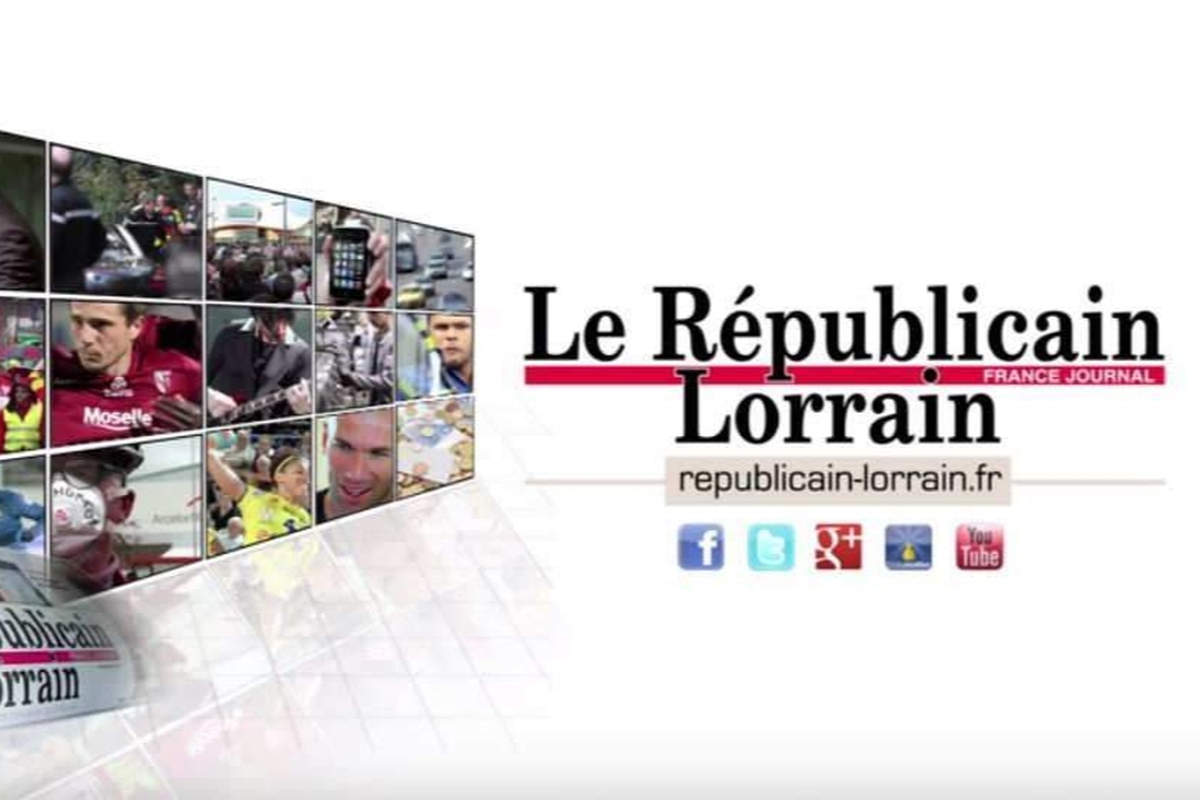That is what De Nederlandsche Bank (DNB) says in its new payment vision for the coming years. With the disappearance of cash and the closing of more and more bank branches and ATMs, the appreciation of payment services by weaker groups in society has declined sharply. The average consumer gave a big pass in 2021, just like five years earlier.
But the elderly, the low-skilled, people without internet and people with disabilities such as, for example, the deaf, blind or people who are confined to a wheelchair, only give the Dutch payment services a small satisfactory. And that worries DNB, board member Olaf Sleijpen told RTL Z.
–
–
DNB emphasizes the importance of cash, but cash has been used much less in recent years. Hasn’t that train already left?
“Covid-19 has also given this a boost, you can now see that 20 percent of payments are in cash. Ten years ago it was still 60 percent, so that is going very fast.
At the same time, we see a group of people who would like to continue to pay with cash. Sometimes older people. But also people with a small wallet, who can better keep track of their budget with cash. It Nibud has also pointed this out.
–
–
And cash is legal tender. It is even the only legal tender. So we think it’s important that people who want to pay with cash can do that too. That it is accessible, so plenty of ATMs. And that entrepreneurs who receive cash can deposit it at the bank.”
It is a smaller and smaller group. This increases the cost of cash.
“We have a model in the Netherlands in which cash is put into circulation via the market, via the financial institutions (banks, ed.). You can see that this is now reaching limits due to the increasing costs.
–
–
We are now working with banks and consumer and elderly organizations and shopkeepers to agree on how we can ensure that there is sufficient cash in the air. But it is impossible without those agreements. That’s how you should put it.”
There are fewer cash sizes, ATMs on the street, banks charge money for withdrawing large sums of cash. Is it possible to make agreements with banks about this?
“Part of those agreements is to find agreement about it.”
But is that enough? Or should there just be legislation?
“If we did not make those agreements, you would end up in the quadrant that you have to go to legislation. I think that all parties are now very clearly on the track to work it out together.
It’s about a whole set of things, about accessibility, about costs, about the medium term. If this doesn’t work, you need to think about legislation. But we are not there yet.”
–
–


